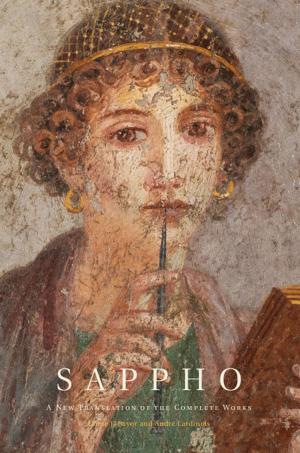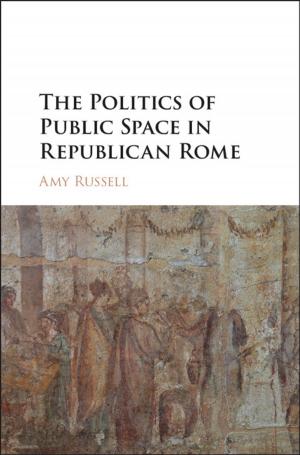Pollution and Religion in Ancient Rome
Nonfiction, History, Ancient History, Religion & Spirituality| Author: | Dr Jack J. Lennon | ISBN: | 9781107424623 |
| Publisher: | Cambridge University Press | Publication: | August 22, 2013 |
| Imprint: | Cambridge University Press | Language: | English |
| Author: | Dr Jack J. Lennon |
| ISBN: | 9781107424623 |
| Publisher: | Cambridge University Press |
| Publication: | August 22, 2013 |
| Imprint: | Cambridge University Press |
| Language: | English |
Pollution could come from any number of sources in the Roman world. Bodily functions, sexual activity, bloodshed, death - any of these could cause disaster if brought into contact with religion. Its presence could invalidate sacrifices, taint religious officials, and threaten to bring down the anger of the gods upon the city. Orators could use pollution as a means of denigrating opponents and obstructing religious procedures, and writers could emphasise the 'otherness' of barbarians by drawing attention to their different ideas about what was or was not 'dirty'. Yet despite all this, religious pollution remained a vague concept within the Latin language, and what constituted pollution could change depending on the context in which it appeared. Calling upon a range of research disciplines, this book highlights the significant role that pollution played across Roman religion, and the role it played in the construction of religious identity.
Pollution could come from any number of sources in the Roman world. Bodily functions, sexual activity, bloodshed, death - any of these could cause disaster if brought into contact with religion. Its presence could invalidate sacrifices, taint religious officials, and threaten to bring down the anger of the gods upon the city. Orators could use pollution as a means of denigrating opponents and obstructing religious procedures, and writers could emphasise the 'otherness' of barbarians by drawing attention to their different ideas about what was or was not 'dirty'. Yet despite all this, religious pollution remained a vague concept within the Latin language, and what constituted pollution could change depending on the context in which it appeared. Calling upon a range of research disciplines, this book highlights the significant role that pollution played across Roman religion, and the role it played in the construction of religious identity.















